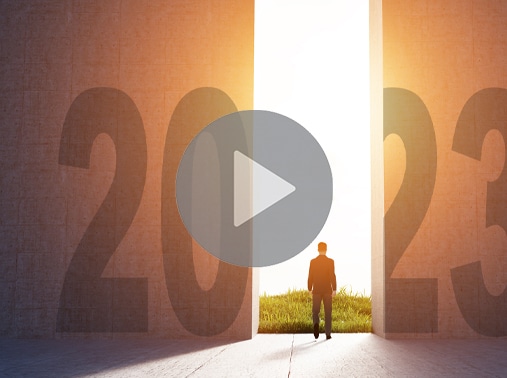In 1989, the Supreme Court ruled on whether a public display of a menorah on government property violated the First Amendment’s establishment clause. The case, Allegheny County v. ACLU, concluded that it did not. One justice argued that Chanukah embodies a universal message of freedom—a core value of the United States, which upholds human rights, including religious freedom. This decision highlighted the deeper resonance of Chanukah’s story with foundational American principles.
The story of Chanukah mirrors the ideals behind America’s founding. Just as the Maccabees stood against the oppression of the Greco-Syrians to reclaim their religious and cultural freedom, America’s early patriots fought against tyranny to secure independence and declare that all people are created equal, endowed with inalienable rights by their Creator. Chanukah celebrates the triumph of the few over the many, the weak over the strong, and the enduring power of spirit over domination.
The menorah, as a public display, reminds us of the universal value of freedom—freedom of religion, thought, and self-expression. It’s a testament to the gratitude we owe for liberties that were hard-won, especially in a world where, not long ago, monarchs and despots ruled. Judaism has long upheld the idea that every person, created in the Divine image, possesses inherent dignity and rights. Chanukah thus becomes a celebration not only for Jews but for all people, symbolizing the unyielding right to live and believe freely. Happy Chanukah!






